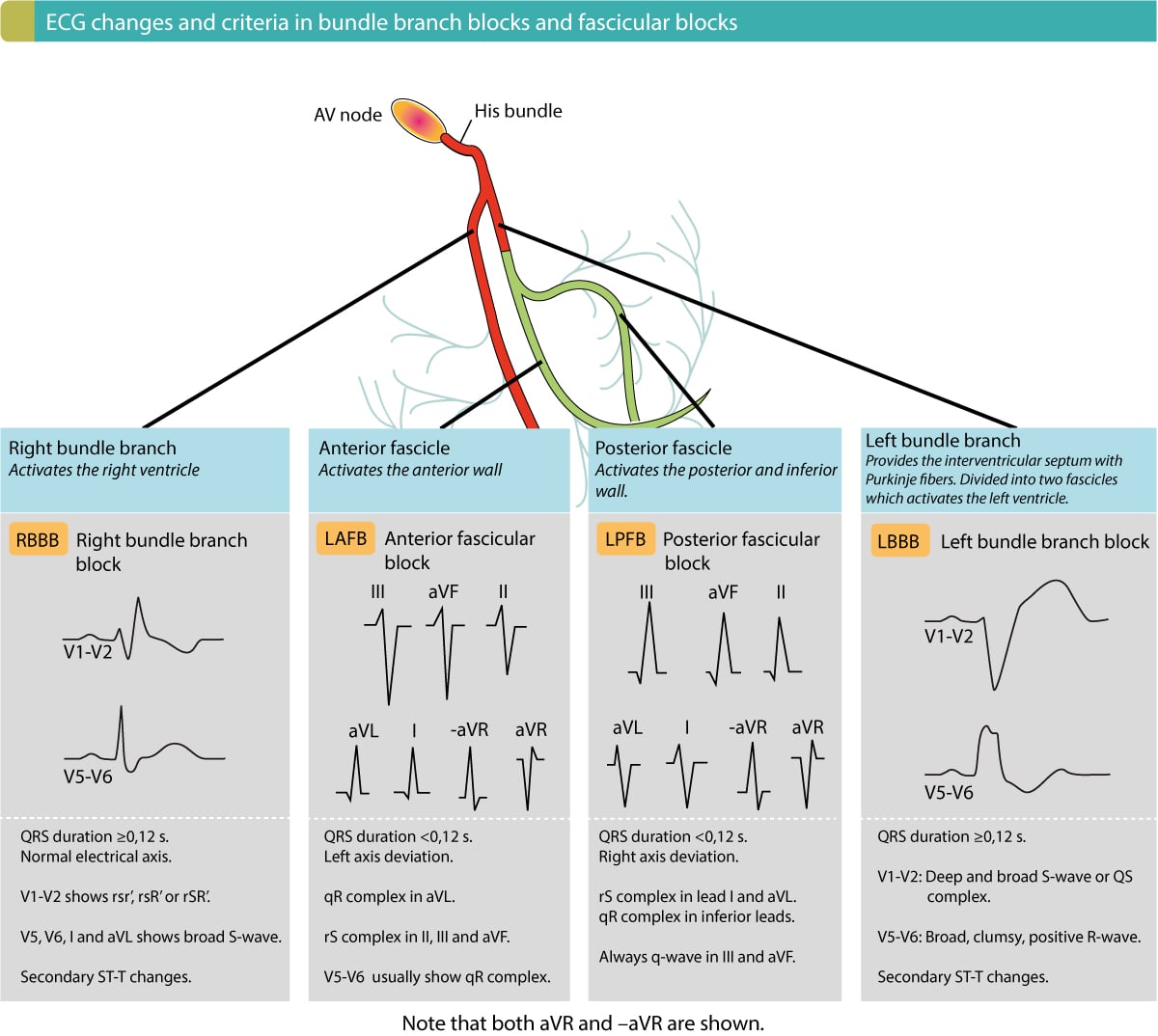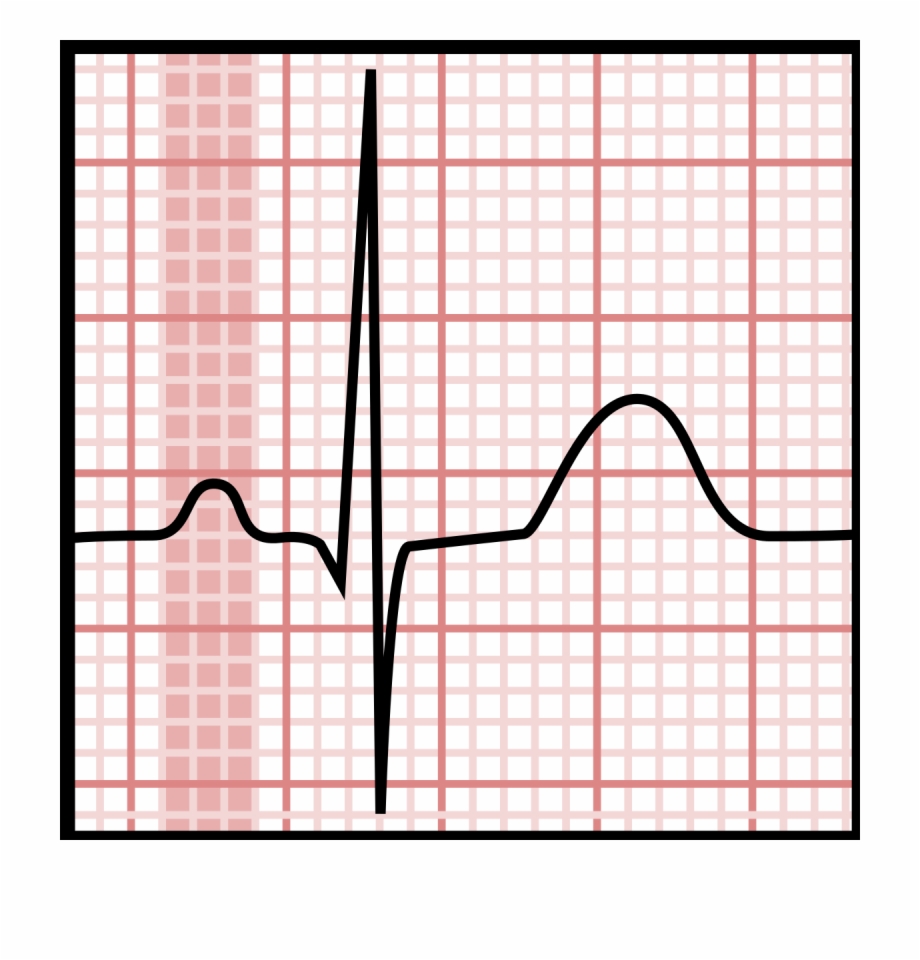Let’s be real here, folks. If you’ve ever had a borderline ECG result, your mind probably went straight to worst-case scenarios. But hold up, don’t panic just yet. A borderline ECG doesn’t automatically mean you’re on the brink of disaster. Let’s break it down and talk about what this really means for you.
You know how sometimes you’re sitting in a doctor’s office, staring at the ceiling, and then they drop the bombshell: “Your ECG is borderline.” Suddenly, your heart starts racing (ironic, right?) and you’re left wondering if you should be worried about a borderline ECG. Well, my friend, you’re not alone. This is a common concern, and we’re here to give you the lowdown.
Before we dive into the nitty-gritty, let’s set the record straight. A borderline ECG isn’t necessarily a red flag. It’s more like a yellow caution light, signaling that maybe, just maybe, there’s something worth investigating further. So, take a deep breath, and let’s figure this out together.
Read also:Erome Camilla Araujo The Rising Star Whos Captivating The World
What Exactly Is an ECG?
First things first, let’s talk about what an ECG actually is. An ECG, or electrocardiogram, is basically a test that records the electrical activity of your heart. Think of it as a snapshot of your heart’s performance. It’s quick, painless, and can provide valuable insights into how your ticker is doing.
Now, here’s the thing. An ECG can pick up on all sorts of things, from irregular heartbeats to signs of a heart attack. But when it comes to a borderline ECG, it’s not always clear-cut. Sometimes, the results can be a bit ambiguous, leaving you scratching your head and wondering what’s going on.
Why Do We Even Need an ECG?
- An ECG helps doctors detect potential heart problems.
- It’s a non-invasive way to check your heart’s rhythm and electrical activity.
- It can identify issues like arrhythmias, heart attacks, or even heart enlargement.
Bottom line? An ECG is a pretty important tool in the world of cardiology. It gives doctors a glimpse into what’s happening inside your chest without having to cut you open. And while a borderline result might seem scary, it’s really just a way for your doctor to say, “Hey, let’s keep an eye on this.”
Understanding a Borderline ECG Result
So, you’ve had your ECG, and the results are in. But instead of a clean bill of health, you’re told it’s borderline. What does that even mean? Simply put, a borderline ECG result means that your test showed some minor abnormalities, but nothing definitive. It’s like when your teacher writes “needs improvement” on your essay—it’s not great, but it’s not terrible either.
Here’s the deal. A borderline ECG might show things like:
- Mild ST-segment changes
- Small T-wave abnormalities
- Minor variations in heart rhythm
But before you freak out, remember that these findings can be influenced by a bunch of factors, like stress, anxiety, or even how you were feeling on the day of the test. So, take a chill pill and let’s move on.
Read also:Valvoline Coupons 50 Off Oil Change Pdf Your Ultimate Guide To Savings
What Causes a Borderline ECG?
There are several reasons why you might end up with a borderline ECG result. Here are a few common culprits:
- Physical Stress: If you were feeling stressed or anxious during the test, it could affect your results.
- Electrolyte Imbalances: Low potassium or magnesium levels can mess with your heart’s electrical activity.
- Medications: Certain drugs, like beta-blockers or anti-arrhythmics, can alter your ECG readings.
- Age: As we age, our hearts change, and this can sometimes show up as minor abnormalities on an ECG.
See? There are plenty of reasons why your ECG might be borderline, and not all of them are cause for concern. So, don’t jump to conclusions just yet.
Should I Be Worried About a Borderline ECG?
Alright, here’s the million-dollar question: Should you be worried about a borderline ECG? The short answer is—it depends. While a borderline result isn’t ideal, it’s also not necessarily a sign of impending doom. In many cases, it’s just a nudge from your body saying, “Hey, maybe we should pay a bit more attention here.”
Now, let’s be clear. If you’re experiencing symptoms like chest pain, shortness of breath, or dizziness, then yeah, it’s probably worth looking into further. But if you’re feeling fine and your doctor isn’t sounding the alarm, chances are you’re okay.
What Should I Do Next?
So, what’s the next step if you’ve got a borderline ECG? Here’s what you should do:
- Talk to your doctor. They’ll be able to give you a better idea of what’s going on.
- Consider follow-up tests. Sometimes, a repeat ECG or other diagnostic tests can provide more clarity.
- Monitor your symptoms. If you notice any changes in how you feel, let your doctor know.
Remember, a borderline ECG is just one piece of the puzzle. It’s not the final say on your heart health. So, stay calm and keep communicating with your healthcare team.
Can Lifestyle Factors Affect ECG Results?
Absolutely. Your lifestyle can play a big role in how your ECG turns out. For example, if you’re a smoker, a heavy drinker, or you don’t get enough exercise, it could show up on your ECG. Even things like caffeine intake or lack of sleep can affect your heart’s electrical activity.
So, if your ECG is borderline, it might be worth taking a look at your habits and seeing if there’s room for improvement. Who knows? A few lifestyle tweaks could make all the difference.
How Can I Improve My Heart Health?
If you’re looking to boost your heart health, here are a few tips:
- Eat a balanced diet rich in fruits, veggies, and whole grains.
- Stay active. Even a 30-minute walk a day can do wonders for your ticker.
- Quit smoking. Seriously, your heart will thank you.
- Limit alcohol and caffeine intake.
- Manage stress. Find healthy ways to cope with life’s ups and downs.
These small changes can add up to big improvements in your overall health. And hey, it might even help clear up that borderline ECG result.
When Should I Seek Further Medical Attention?
Now, let’s talk about when you should take things more seriously. If you’re experiencing any of the following symptoms, it’s time to see a doctor:
- Persistent chest pain
- Shortness of breath
- Dizziness or fainting spells
- Rapid or irregular heartbeat
These could be signs of something more serious, so don’t ignore them. Your health is worth it, and catching issues early can make all the difference.
What Tests Might My Doctor Recommend?
If your doctor wants to dig deeper, they might suggest additional tests, such as:
- An echocardiogram
- A stress test
- A Holter monitor
These tests can provide more detailed information about your heart’s function and help rule out any serious conditions.
Expert Opinions and Research
According to the American Heart Association, a borderline ECG result isn’t always cause for alarm. In fact, many people with borderline results go on to live healthy, normal lives. However, they do recommend close monitoring and follow-up with your healthcare provider.
A study published in the Journal of Cardiovascular Medicine found that lifestyle modifications can significantly improve ECG results in patients with borderline findings. So, there’s hope for those looking to turn things around.
Trustworthy Sources to Explore
For more information, check out these reputable sources:
- American Heart Association
- Mayo Clinic
- National Heart, Lung, and Blood Institute
These organizations are great resources for anyone looking to learn more about heart health and ECG results.
Final Thoughts
Alright, we’ve covered a lot of ground here. So, let’s recap. A borderline ECG result isn’t the end of the world. It’s just a signal that maybe there’s something worth investigating further. By staying informed, communicating with your doctor, and making positive lifestyle changes, you can take control of your heart health.
And hey, if you’re still feeling unsure, don’t hesitate to reach out to your healthcare provider. They’re there to help you, not scare you. So, take a deep breath, relax, and remember that knowledge is power.
Before you go, we’d love to hear from you. Have you ever had a borderline ECG result? What did you do about it? Drop a comment below and let’s chat. And don’t forget to share this article with anyone who might find it helpful. Together, we can keep our hearts happy and healthy!
Table of Contents
Understanding a Borderline ECG Result
Should I Be Worried About a Borderline ECG?
Can Lifestyle Factors Affect ECG Results?
How Can I Improve My Heart Health?
When Should I Seek Further Medical Attention?
What Tests Might My Doctor Recommend?


